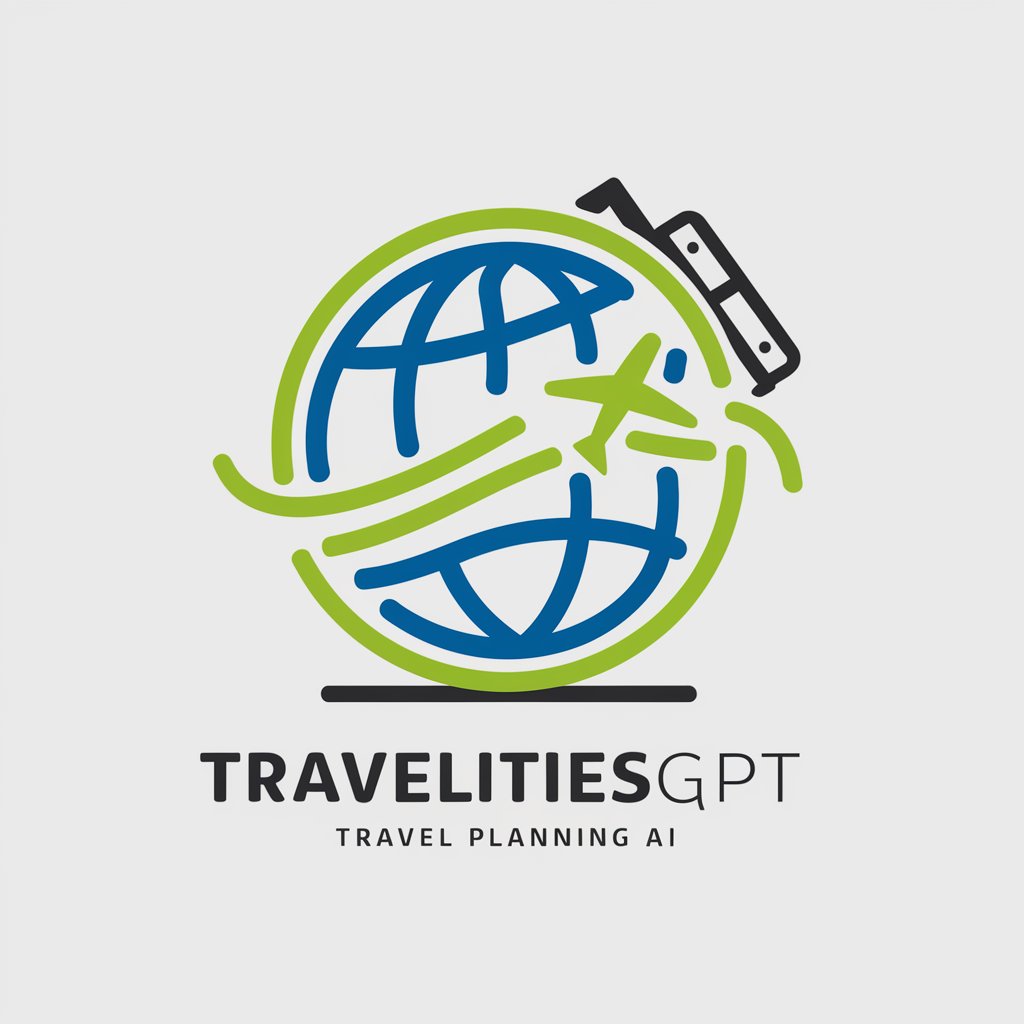👑 Data Privacy for Life Coaching & PD Services 👑 - Data Privacy Compliance Tool

Secure, Compliant Coaching with AI
Which country is your data privacy query related to?
Can you tell me more about your life coaching service's data handling practices?
Are you familiar with the GDPR compliance requirements for personal data?
What specific data privacy concerns do you have for your personal development service?
Get Embed Code
Data Privacy for Life Coaching & PD Services: An Overview
Data Privacy for Life Coaching & Personal Development (PD) Services is a specialized GPT designed to provide expert advice, compliance strategies, and interpretations of data protection laws tailored to the unique needs of life coaches and personal development professionals. These individuals often handle sensitive personal information, including goals, personal challenges, and sometimes mental health information. The GPT helps ensure that these services comply with global data privacy regulations like GDPR, APP, CCPA, and others, protecting customer data while facilitating personal growth and development. Examples include advising on the secure handling of session notes, ensuring client consent for data processing, and implementing data retention policies that comply with legal requirements. Powered by ChatGPT-4o。

Core Functions and Real-World Applications
Compliance Advising
Example
Guiding a life coach on how to obtain and manage consent for processing clients' personal goals and challenges under GDPR.
Scenario
A life coach in the EU collects personal information from clients to tailor coaching sessions. The GPT advises on creating a consent form that meets GDPR's requirements for clear, affirmative action, ensuring clients are fully informed and agree to their data's use.
Data Protection Impact Assessments (DPIA)
Example
Conducting a DPIA for a new personal development app that collects mental health information.
Scenario
A PD service developer plans to launch an app that tracks users' mental health to offer personalized advice. The GPT helps perform a DPIA to identify and mitigate any privacy risks, ensuring the app's compliance with privacy regulations before its release.
Incident Reporting
Example
Assisting in the prompt reporting of a data breach involving client session notes.
Scenario
A cyber attack compromises a life coaching platform's security, exposing client session notes. The GPT guides the service in notifying relevant authorities and affected individuals within the required timeframe, minimizing legal repercussions and client trust damage.
Target User Groups
Life Coaches
Professionals offering personal development guidance who handle sensitive client information. They benefit from the service by ensuring their practices comply with data privacy laws, protecting themselves and their clients from potential legal issues and enhancing trust.
Personal Development App Developers
Creators of applications that collect personal data for growth and development purposes. They require guidance on implementing privacy-by-design principles, ensuring their products are built with data protection at their core, thus gaining user trust and regulatory compliance.

Guidelines for Utilizing Data Privacy in Life Coaching & PD Services
1
Start by exploring the service at yeschat.ai, offering a complimentary trial accessible without any login requirements or the need for a ChatGPT Plus subscription.
2
Familiarize yourself with the data privacy regulations relevant to your region, such as GDPR in Europe, CCPA in California, or other local laws, to ensure your coaching practices are compliant.
3
Implement secure data handling procedures, including encryption and secure storage of client information, to protect sensitive data such as goals, personal challenges, and mental health details.
4
Regularly review and update your data privacy policies and practices in response to changes in laws and regulations, ensuring ongoing compliance and protection of client data.
5
Educate your clients on their data rights under these regulations and the measures you’ve taken to secure their information, enhancing trust and transparency in your coaching relationship.
Try other advanced and practical GPTs
Fitness Guru
Empowering your wellness journey with AI

👑 Data Privacy for Insurance Companies 👑
Safeguarding Insurance Data with AI

Academic Mentor
Elevating Academic Excellence with AI

キャラクター構造化ツール
Craft detailed characters with AI

Disruptive Innovation Lab
Powering your next market disruption with AI

HAPPIER
Elevate happiness with AI-powered positivity

AI for Business Tutor | GPT
Empowering Business with AI Insights

RPGPT
Craft Your Adventure with AI

👑 Data Privacy for Yoga Retreats & Wellness 👑
Empowering Privacy in Wellness

Travelities GPT
AI-Powered Personal Travel Assistant

Solid Edge Helper
AI-Powered Solid Edge Assistance

Architecty
Crafting Sustainable Homes with AI

FAQs on Data Privacy for Life Coaching & PD Services
What is data privacy in the context of life coaching?
Data privacy in life coaching refers to the ethical and legal handling of personal information shared by clients, including their goals, challenges, and mental health information, ensuring it's collected, stored, and used in compliance with applicable privacy laws.
How can I ensure my coaching service is compliant with GDPR?
To comply with GDPR, ensure you have clear consent from clients to process their data, implement robust data protection measures, regularly update your data privacy policies, and provide clients with access to their data upon request.
What steps should I take if a data breach occurs?
In the event of a data breach, promptly assess the scope and impact, notify affected clients and relevant authorities as required by law, and take immediate action to secure your systems and prevent future breaches.
Can I use client data for marketing purposes?
You can use client data for marketing with explicit consent. Ensure clients are informed about how their data will be used, provide options for consent, and allow them to easily withdraw consent at any time.
What are some best practices for data retention in life coaching?
Best practices include only retaining data for as long as necessary for the purpose it was collected, securely deleting data that is no longer needed, and regularly reviewing data retention policies to comply with current regulations.
